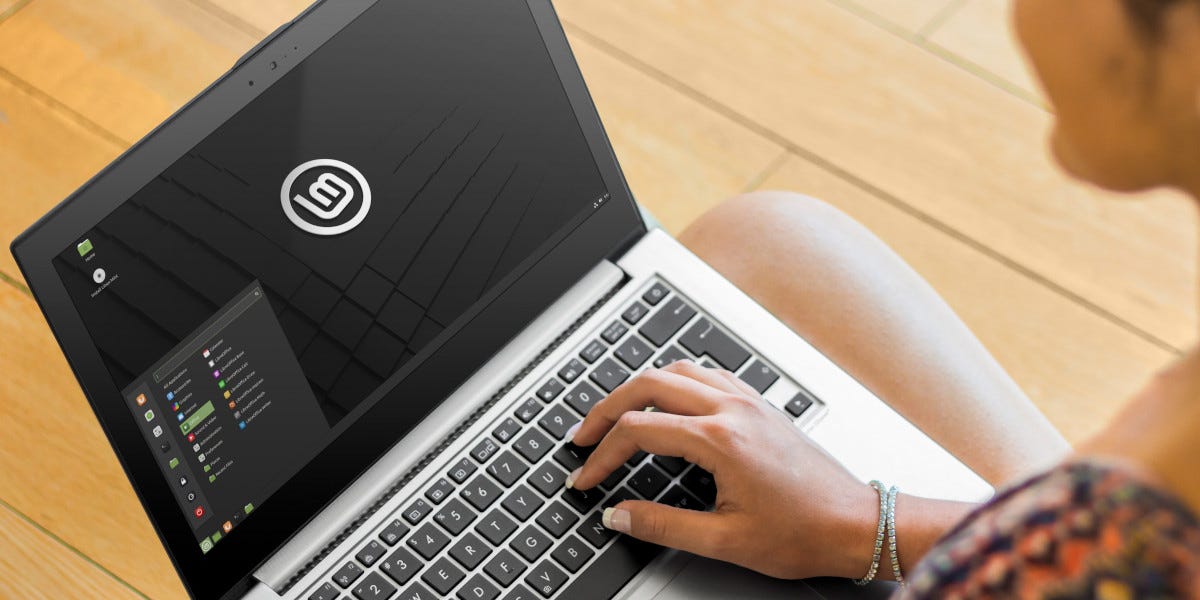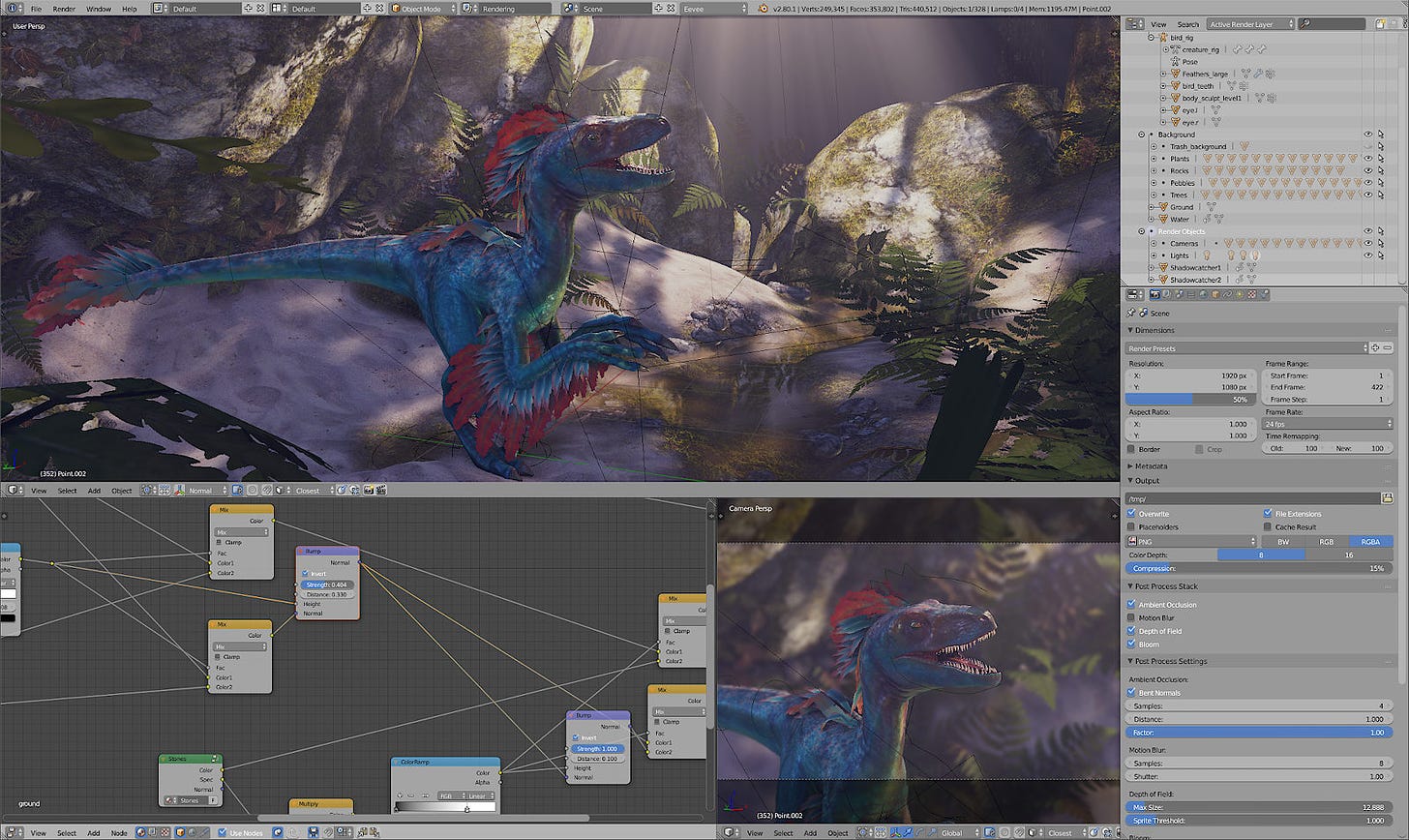The Linux Operating System Is Ready for Primetime
The third party platform will support you now.
Just as the Libertarian party has been around for a long time, but has not yet attracted a mainstream following, Linux has been the "other" operating system, getting better and more compelling every year.
Once the exclusive domain of hackers and mega-geeks, Linux is now used on millions of systems worldwide. Unlike the Big Two operating systems, Linux is offered in a variety of customizable and user-friendly "distros" (distributions), which are stable, easy-to-use, and in many ways preferable to either Windows or Mac OS.
Here are a few reasons why you should consider installing Linux on your personal computer.
Linux - like much of the software that runs on it - is open-source and free of charge
Linux is so fast and powerful that 100% of the world's supercomputers and all of the space programs use it.
Linux is far more resistant to viruses and malware than Windows or Mac.
Android, the most popular smartphone operating system in the world, is built on Linux.
Linus is developed with complete transparency, by a global team of programmers. It has no central owner or controlling entity.
Linux has none of the surveillance or security issues of Mac or Windows.
Ideologically, the biggest advantage of Linux is that it is not a tool of oppression or control. Its decentralized development model is a perfect example of the kind of free association and mutual benefit that is that hallmark of a free society. Linux doesn't randomly turn on your computer's microphone or computer to spy on you, nor does it covertly send your data to any governmental or corporate entity.
Previous versions of Linux required software to be installed using a command-line interface that often required tinkering and conflict-resolution between applications. Fortunately, newer distros such as Linux Mint have a built-in application repository tool that works just like the app store in Windows, Mac or Google. Simply search for the type of program you want, select it from a list, and the system will automatically download and install it.
Many of the applications available for Linux are "cross-platform," meaning they are also available for Windows and/or Mac. The Firefox web browser and Thunderbird email client are examples of cross-platform apps that look and feel the same in Linux. While expensive software such as MS Office and Adobe Creative Suite are not available on Linux, many open-source equivalents are available and fully mature.
Some of the oustanding applications available (at no cost!) for Linux include:
LibreOffice - A full suite of productivity tools, comparable to (and compatible with) Microsoft Office.
GIMP - A powerful image-editing tool, comparable to Adobe Photoshop.
Inkscape - A robust vector-drawing application, comparable to Adobe Illustrator or Corel Draw.
Blender 3D - A comprehensive 3D modeling and animation program, comparable to Autodesk Maya or Cinema 4D.
Audacity - A multi-track audio recorder and editor, comparable to Adobe Audition.
Olive - A lightweight but full-featured video editor, comparable to Adobe Premiere.
Interested, but not ready to trash your existing computer? No worries! Linux can be installed alongside your existing Windows or Mac operating system. You'll be able to choose which OS to use when your computer boots up. This gives you the best of both worlds: the opportunity to explore Linux, while the security of maintaining a system you are familiar with.




